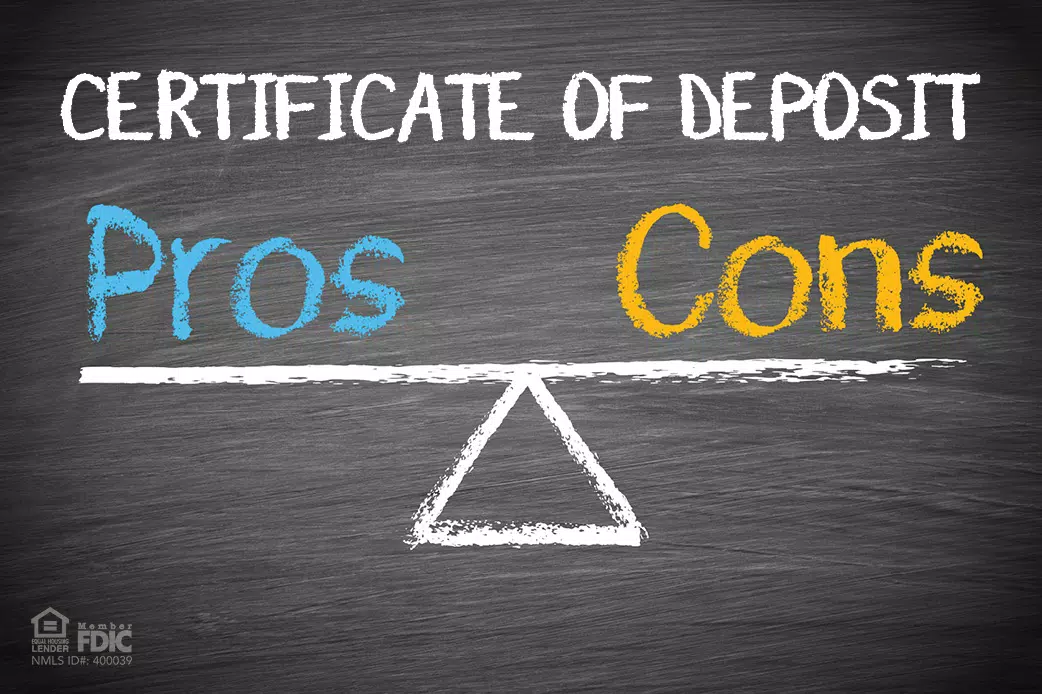Money market accounts are similar to checking and savings accounts. However, opening a money market account often requires higher balance requirements and minimum deposits. Also, interest rates are generally higher on a money market account than on a savings account, and you may have debit card access to make purchases through the account, just like you do with a checking account.
A money market account isn't necessarily for everyone, so it's essential to understand how they work. Here are some reasons why one may be right for you.
The Pros of a Money Market Account
Higher interest-earning—The interest rates are typically higher on money market accounts than on traditional checking or savings accounts.
Accounts are insured—Depending on whether your money market is at a bank or credit union, your money is backed by the FDIC or NCUA. This backing will insure up to $250,000 per depositor at your financial institution. If the bank or credit union fails, you will receive the money up to the insured amount.
Access to checks – Money market accounts allow you to write a certain amount. You're limited to six withdrawals or transfers a month, which includes debit purchases, bill pay, and transferring money between accounts if not conducted in person.
What to Know About Money Markets
A minimum balance must be maintained. Generally, you must make a large initial deposit to open a money market. The account balance must also be maintained at a certain level. If the balance falls below that amount, you may have to pay a fee or miss out on the higher interest. You may also pay a fee if you exceed the six transaction limits in a month.
When Does it Make Sense to Open a Money Market Account?
Since everyone's financial situation differs, the reasons to open a money market account will vary. Some broad guidelines may help you decide whether to open one.
Consider how much money you keep in your checking and other accounts. Do you have enough in these accounts you’re not using and could be earning higher interest? Depositing that money into a money market account might make more sense. Remember that since there's a transaction limit, you’ll need to keep transfer and withdrawal activity on a money market account to a minimum.
The minimum deposit amount necessary to open a money market account should be an amount you can keep in one place for an extended time. There is typically an ongoing balance requirement. For instance, a money market account may require you to open an account with $1,000 and maintain that balance monthly.
A money market might be a good alternative if you are considering a CD but are worried about locking your money up for several months or years. Withdrawing your money early on a CD requires an early withdrawal penalty fee. Alternatively, if you're comfortable securing your money in a CD for some time, you will want to review the interest rate earnings between the two.
A money market account might be a good option when you need money soon and still want to earn a small return. It could be helpful for emergency funds, tuition costs, and budgeting for tax payments. However, using these accounts for significant, infrequent expenses is best.
Finding a Money Market Account
When shopping around for a money market account, you should compare the minimum opening deposit, monthly minimums, interest rates, and the charges/fees imposed. Your current financial institution might offer a money market account, so start there. You'll want to look at least three money market accounts for the best deal. Once you've chosen a money market account, review it once a year. An account that offers the highest money market rate at the start doesn't necessarily mean that will be the case in the future.
If you have more questions about money market accounts, call NASB at 816-508-2427 or click here for more information.




